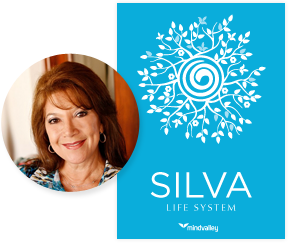“In most of psychology, researchers describe what is. Often they do this with great acumen and creativity. But knowing what is and knowing what can be are not the same thing. My interest, for as long as I can remember, is in what can be, and in learning what subtle changes might make that happen. My research has shown how using a different word, offering a small choice, or making a subtle change in the physical environment can improve our health and well-being. Small changes can make large differences, so we should open ourselves to the impossible and embrace the psychology of possibility.
The psychology of possibility first requires that we begin with the assumption that we do not know what we can do or become. Rather than starting from the status quo, it argues for a starting point of what we would like to be. From that beginning, we can ask how we might reach that goal and make progress toward it. It’s a subtle change in thinking, although not difficult to make once we realize how stuck we are in culture, language, and modes of thought that limit our potential.”
— Ellen Langer from Counterclockwise






